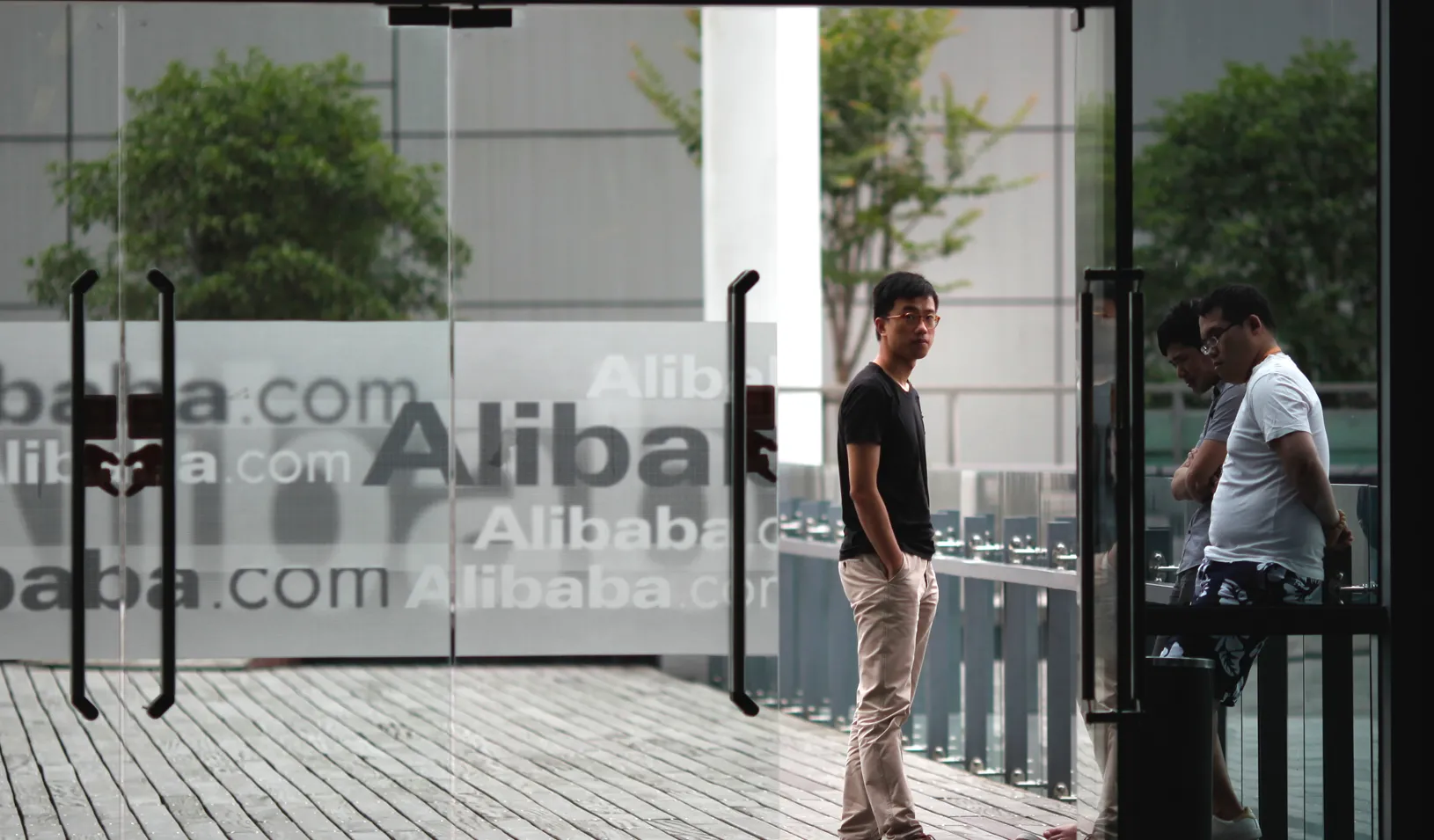September 03, 2014
| by Edmund L. AndrewsChinese companies are going public in a big way. Alibaba Group, already the world’s biggest online retailer, is expected to hold this month what may well be the biggest initial public offering yet. And since Chinese regulators lifted a yearlong moratorium on IPOs, scores of other companies are going or have gone public as well.
But evaluating Chinese public offerings takes more than scrutinizing the numbers. Because politicians and political connections have such a big impact on a company’s operations and prospects, both the decision to go public and the subsequent financial performance of new stocks are a function of political science.
Chinese political leaders and their families have become rich in recent years, often because they had special access to the shares in all manner of companies. But a new study coauthored by Joseph Piotroski at Stanford Graduate School of Business shows that the interplay between politics and public offerings is often much more complicated than old-fashioned crony capitalism.
Piotroski and Tianyu Zhang at Chinese University of Hong Kong studied the local political circumstances of more than 400 companies that went public from 1998 through 2008. They found that the number of IPOs jumped shortly before the promotion of provincial political leaders. Part of the increase was spurred by aspiring political leaders who wanted to embellish their economic credentials. In other cases, companies accelerated their IPO plans to shield themselves from expected disruptions in their established political relationships.
Unfortunately, “promotion-period” stock offerings frequently haven’t done well. Piotroski and Zhang found that, on average, promotion-period IPOs have underperformed the overall Chinese market by 18.2% in the year following their offering, and underperformed IPOs not tainted by promotion-period incentives by 14.9%. Moreover, these companies were more likely to use the proceeds in ways that weren’t described in their prospectuses, and the existing shareholders were likely to give public shareholders a smaller share of the company. The bottom line: The promotion-period IPOs are being driven more than usual by calculations of political opportunism rather than by business fundamentals.
The study’s bigger value may be in what it reveals about the nuances of Chinese capitalism. Recognizing that the day-to-day clout over business is at the local and provincial levels, the researchers focused on how companies reacted to the looming departure or elevation of top provincial officials such as governors and party secretaries. Such leaders have enormous sway over regulations, subsidies, and access to capital. It is difficult to even get approved for a public offering without support from provincial regulators.
Faced with a disruption in their political ties, companies that aren’t state-owned may choose to go public as a form of insurance. With more money in the corporate treasury, a company is likely to be less dependent on the caprices of a new political boss.
Piotroski and Zhang mapped Chinese IPOs against the degree of political uncertainty. They identified and quantified three measurements of likely political disruption: whether the departing politician was to remain in the province; whether the designated successor came from inside the province; and how long the departing politician had held power.
Sure enough, the researchers found that the volume of new stock offerings increased in line with political uncertainty. The effect was more important for companies that were privately owned, but state-owned companies also stepped up their pace of IPOs in advance of political change.
In general, the initial stock offerings from state-owned companies were of lower quality than those of privately owned companies. Descriptively, Piotroski and Zhang found that state-owned companies tended to be bigger but more highly leveraged, less profitable, and more labor intensive.
Part of the push for IPOs appears to come from the political leaders themselves. Previous researchers had found that politicians are often reluctant to privatize state-owned companies, especially at times of political change, because privatization reduces their political clout and the amount of state resources the local politician controls.
But in many parts of China, political incentives can accelerate the pace of listings. In provinces that reward leaders who show their skills in economic development, the departure of a top political leader has the potential to set off a tournament-like contest between aspiring leaders. In these cases, IPOs are often used as a means of “window-dressing” local performance, the researchers wrote. For politicians who get a piece of the offering, IPOs can also be personally lucrative.
Regardless of who is making the political calculation, the results aren’t particularly good. State-owned companies underperform the market, regardless of how they time their public offerings. At companies that are not state-owned, the researchers wrote, promotion-period public offerings are predictors of “reliably negative” performance after the stock has begun trading.
For media inquiries, visit the Newsroom.






